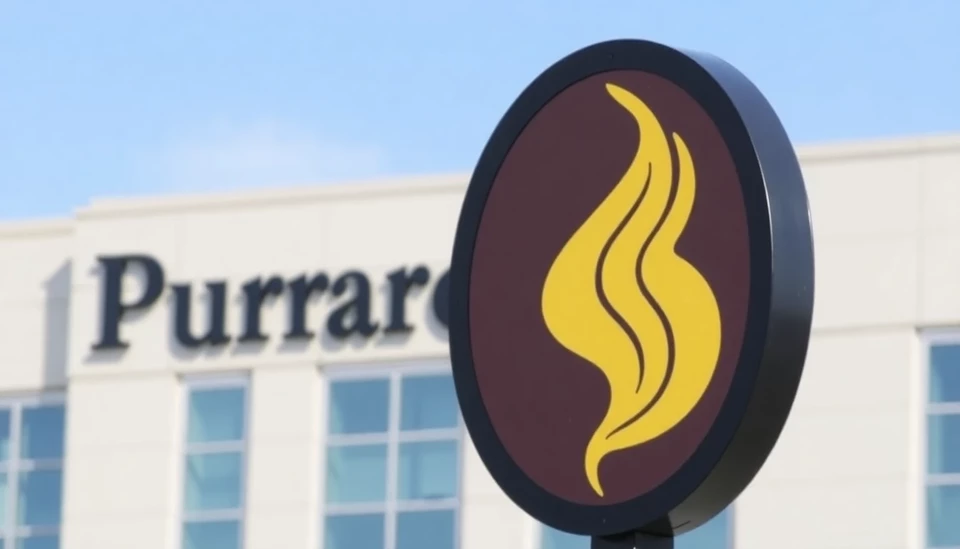
In a landmark development regarding the ongoing opioid crisis in the United States, Purdue Pharma, the maker of the highly controversial painkiller OxyContin, along with the Sackler family, has agreed to a staggering $7.4 billion settlement. This settlement is aimed at resolving claims from thousands of individuals and municipalities affected by the opioid epidemic, further adding to the extensive legal battles the company has been embroiled in.
The agreement comes as part of a broader strategy to mitigate the severe repercussions of the opioid crisis, which has claimed the lives of over half a million people in the last two decades. Many states, cities, and families have sued Purdue Pharma, alleging that the company unlawfully promoted its products, contributing to widespread addiction and overdose deaths.
Details of the settlement outline that the Sacklers, a family long criticized for their role in the opioid epidemic, will relinquish control of Purdue Pharma. In a bid to restore some trust, the settlement also provides for a significant financial contribution towards addiction treatment programs, public health initiatives, and support for those affected by opioid addiction. This ensures that funds are allocated to combat the ongoing crisis and mitigate further harm caused by the drugs produced by the company.
Throughout the legal proceedings, the Sackler family has faced immense scrutiny concerning their wealth and the impact of their business practices on public health. This settlement aims to hold them accountable while providing much-needed funding to address the destructive consequences of opioid misuse.
Legal experts suggest that this agreement signals a pivotal moment in the fight against the opioid crisis, showcasing the potential for large pharmaceutical companies to be held responsible for their actions. However, many advocates argue that the settlement is merely a step towards accountability, emphasizing the need for continued scrutiny over the pharmaceutical industry and robust regulatory measures to prevent future crises.
The implications of this settlement extend beyond financial reparations. It reflects a growing societal acknowledgment of the systemic issues surrounding opioid dependency, as well as a potential shift in attitudes towards pharmaceutical corporations. By focusing on rehabilitation and treatment, this agreement seeks to steer the narrative away from punitive responses to addiction towards a more compassionate and health-oriented approach.
The finalization of this deal marks the culmination of extensive negotiations and legal maneuvering, providing a glimmer of hope for countless individuals and families devastated by opioid addiction. While the journey toward healing and recovery is far from over, this monumental settlement may represent a turning point in the tragic saga of the opioid crisis.
As communities brace themselves for the implementation of funds and support initiatives, many will be watching closely to assess the effectiveness of this major settlement in addressing one of the most pressing public health crises in recent history.
#OpioidCrisis #PurduePharma #SacklerFamily #Settlement #PublicHealth #AddictionRecovery #PharmaceuticalAccountability
Author: John Harris




